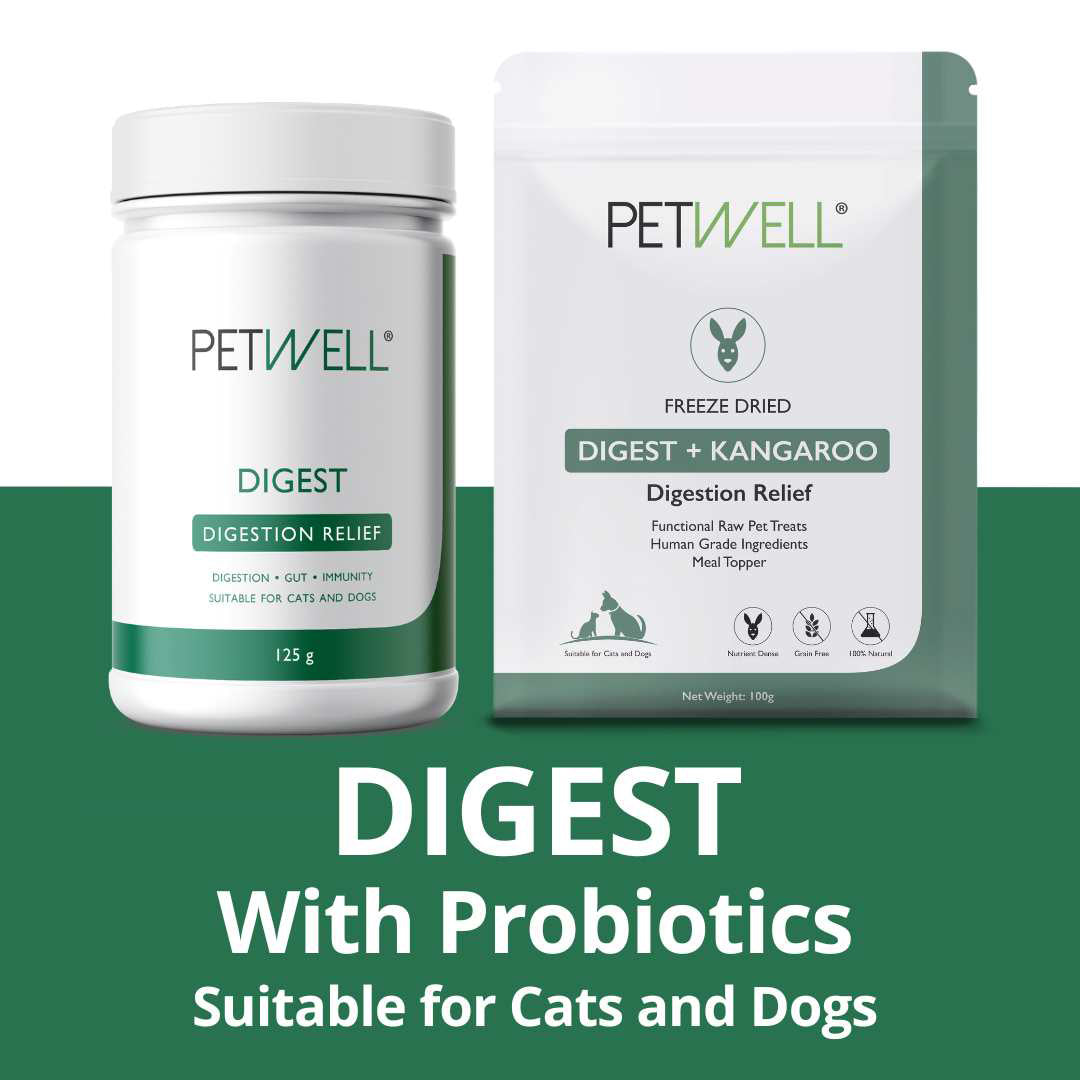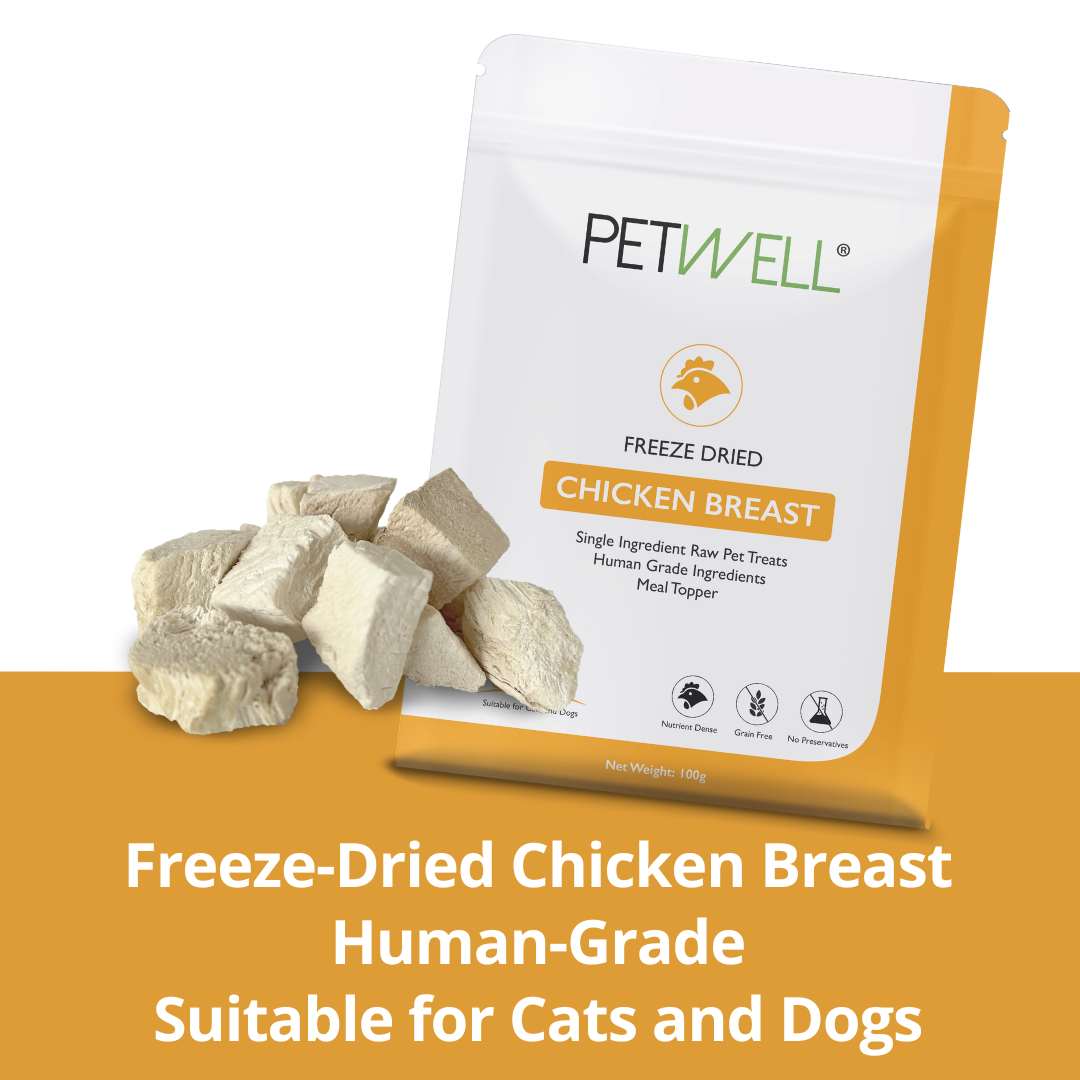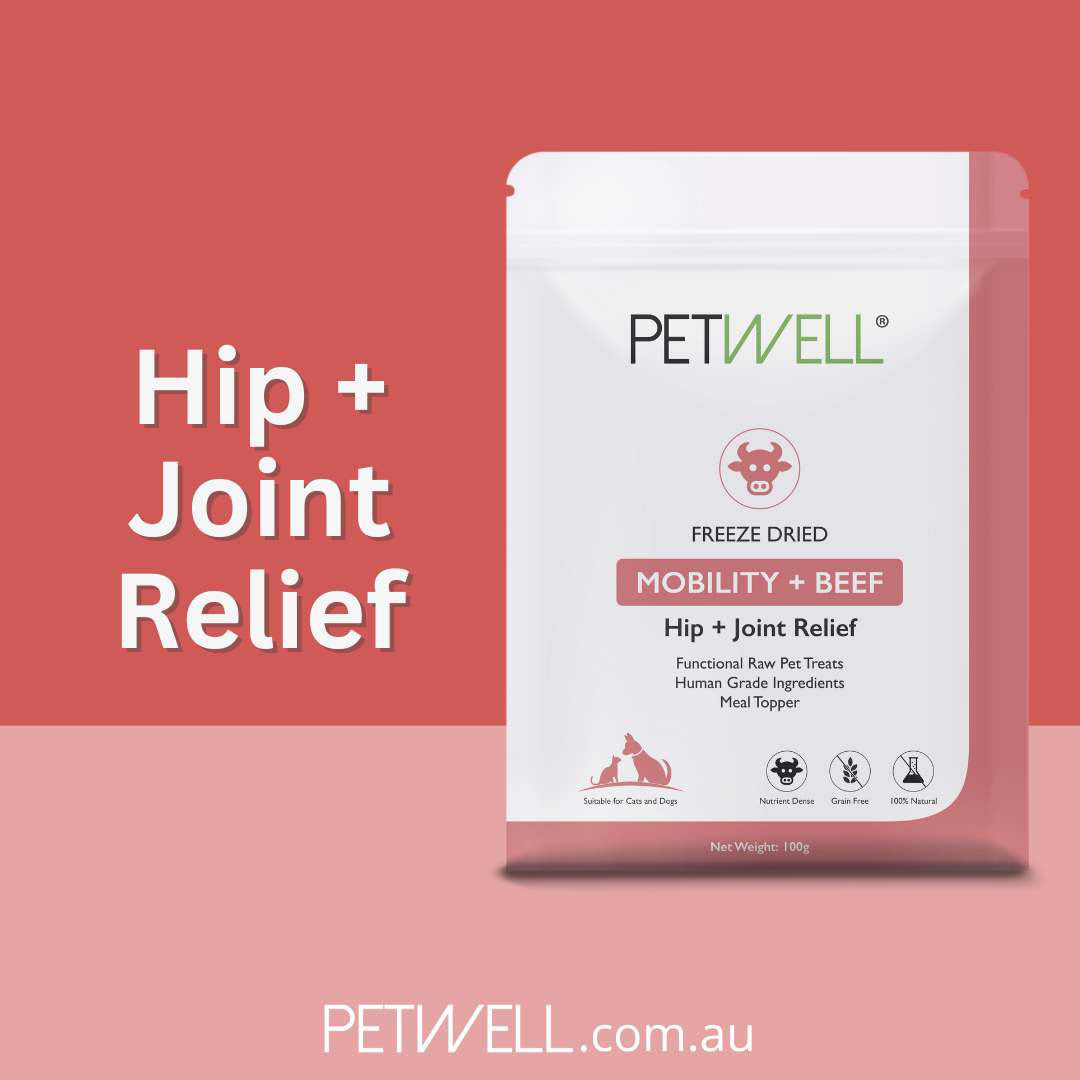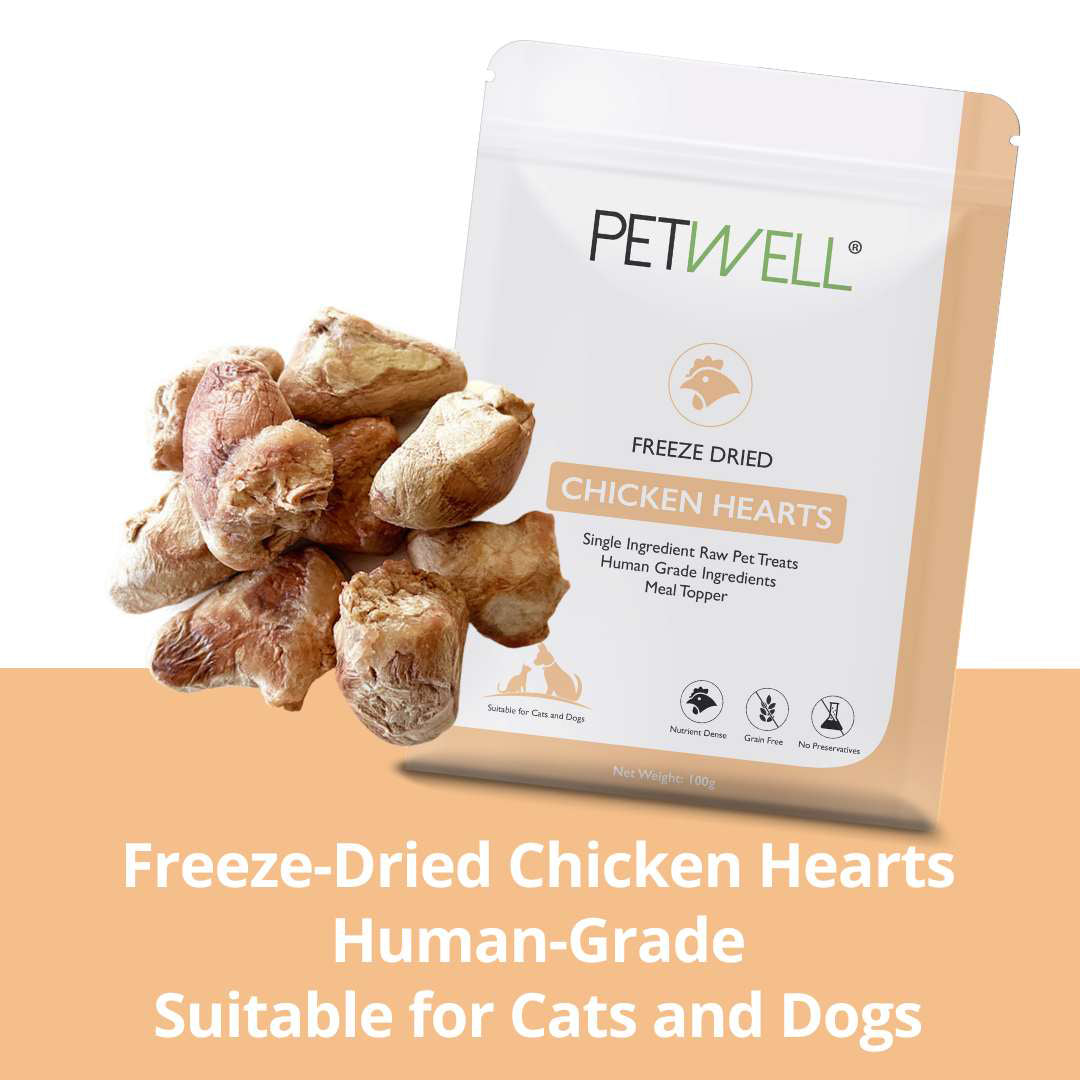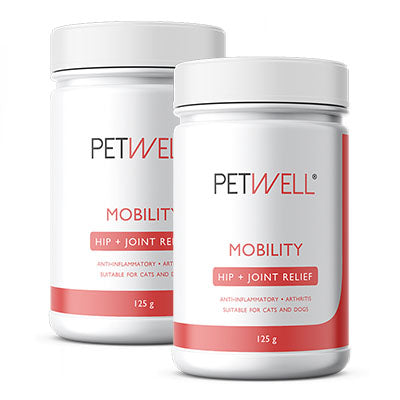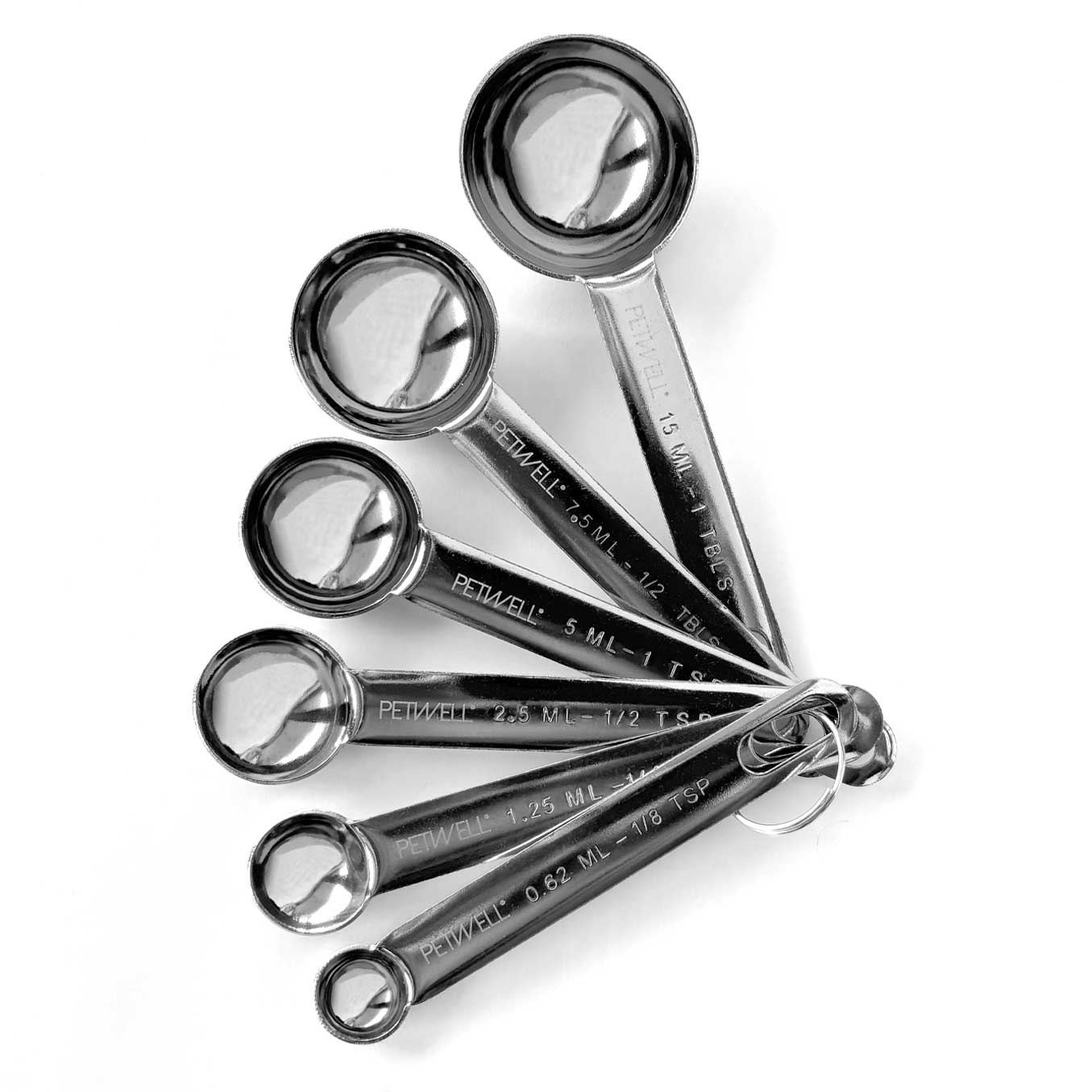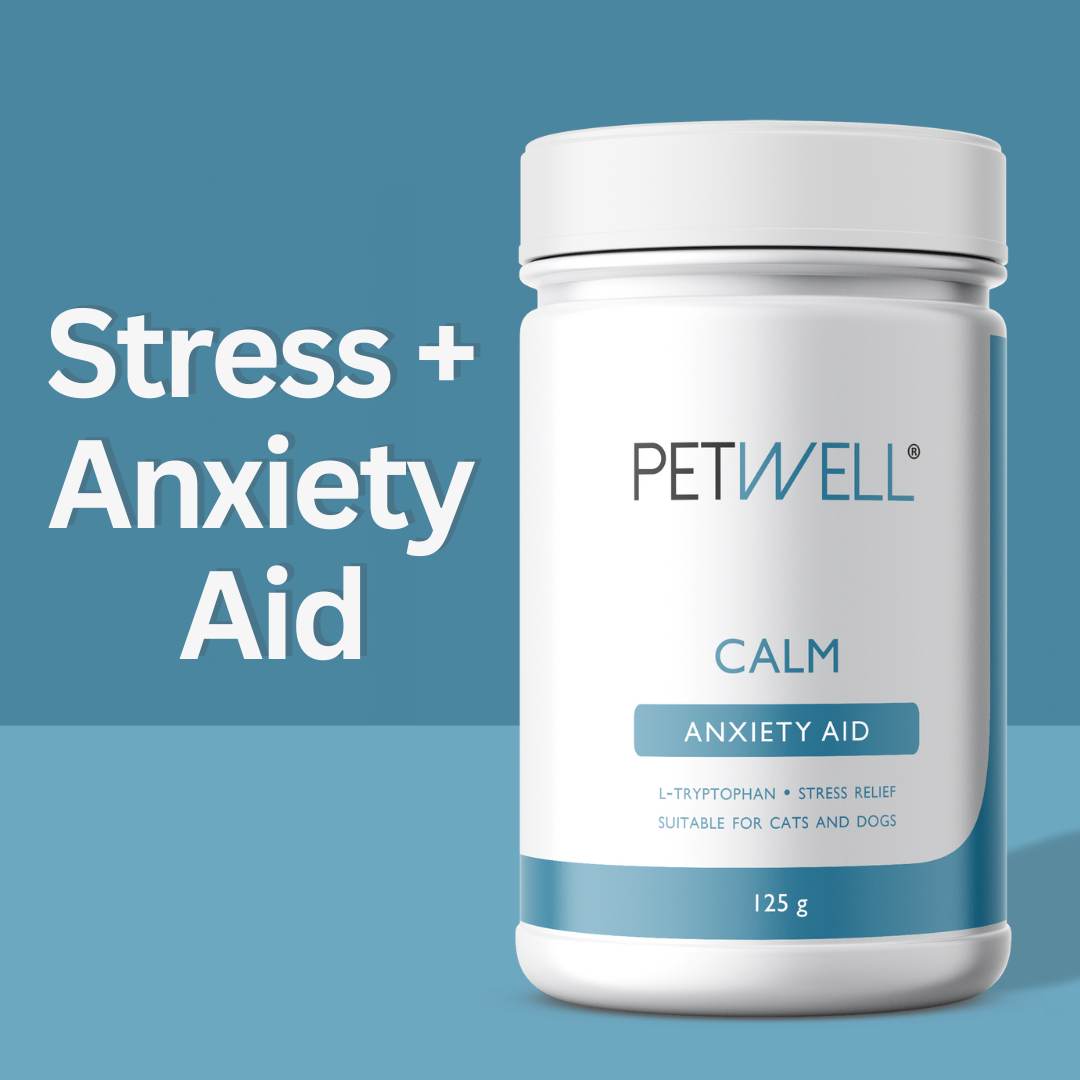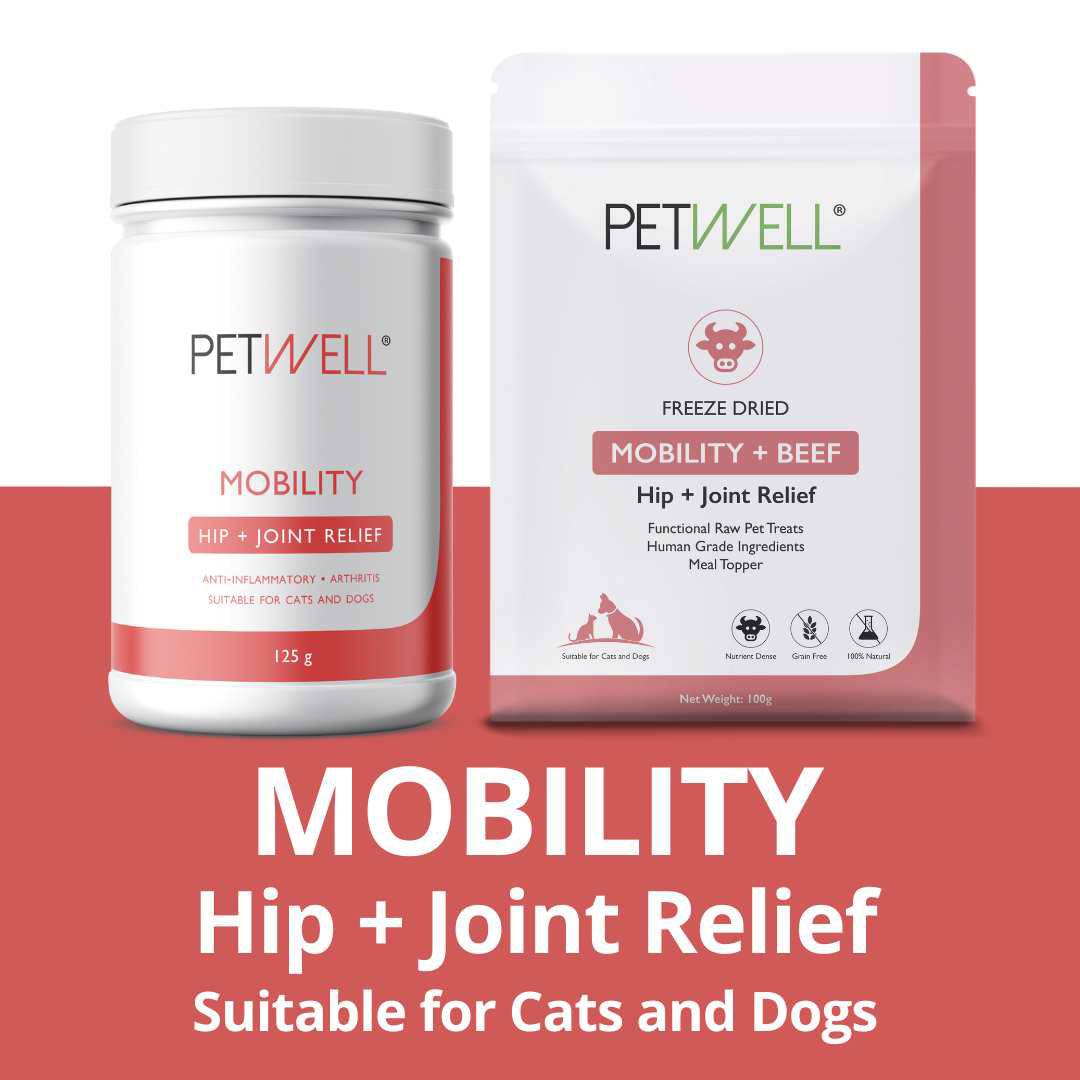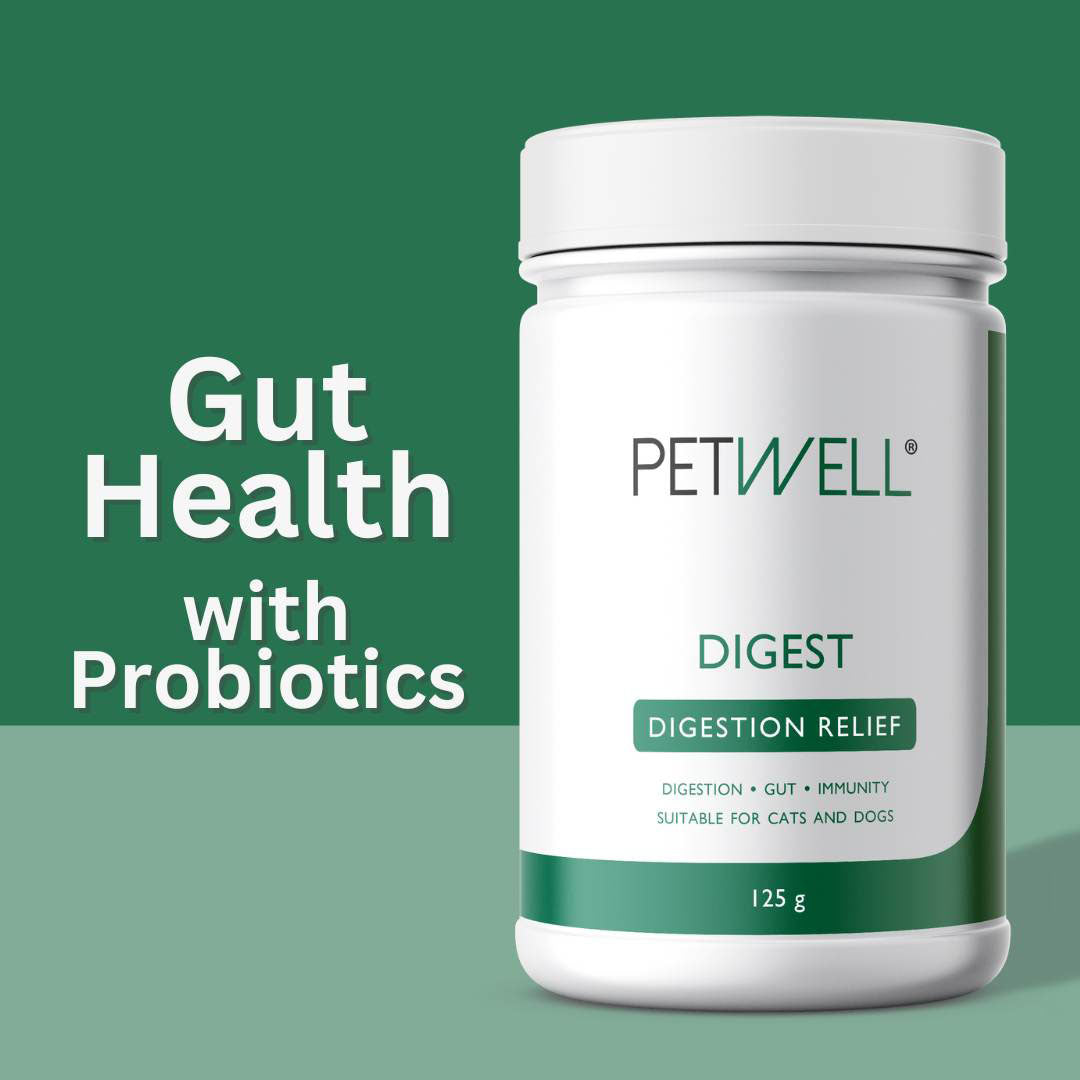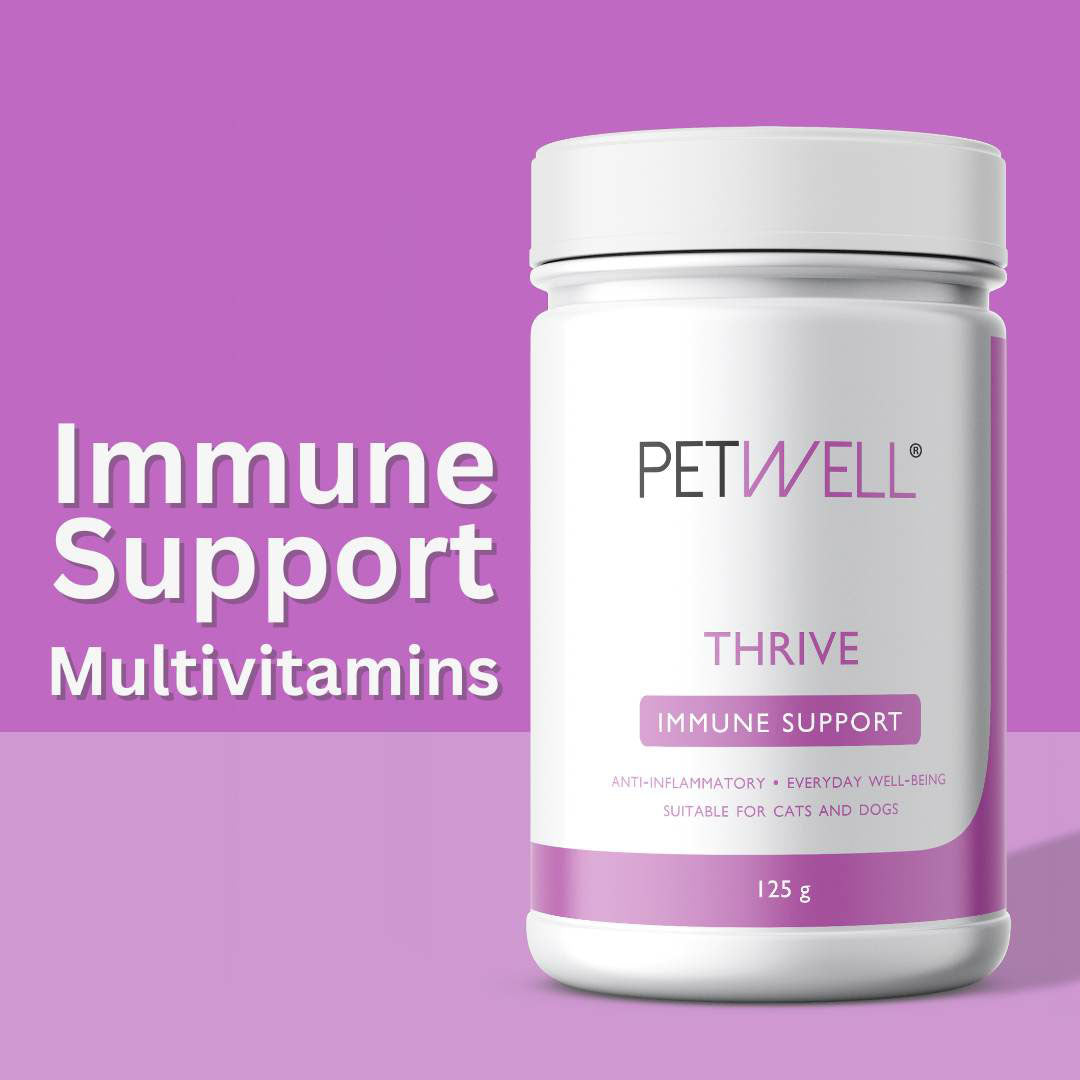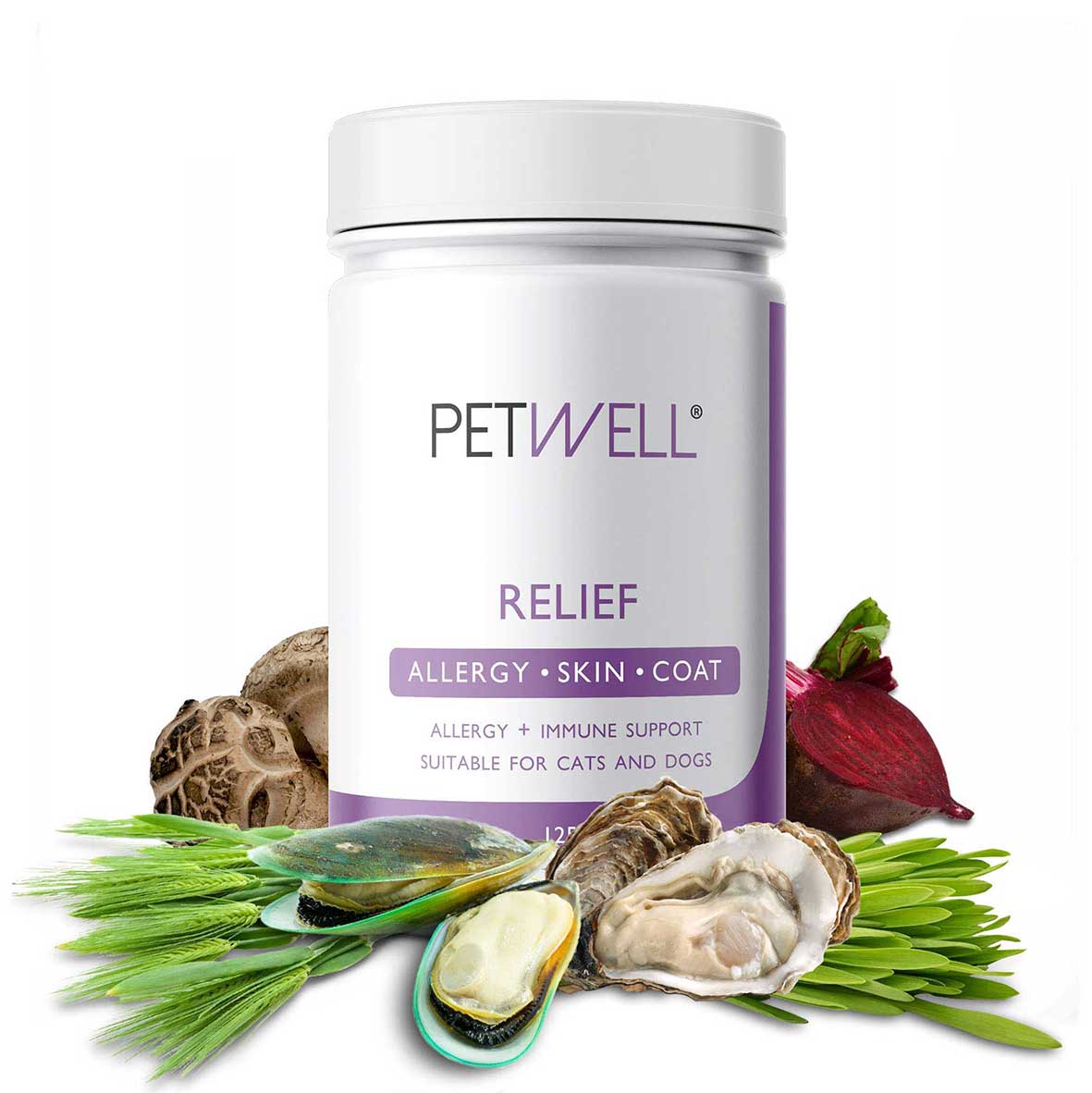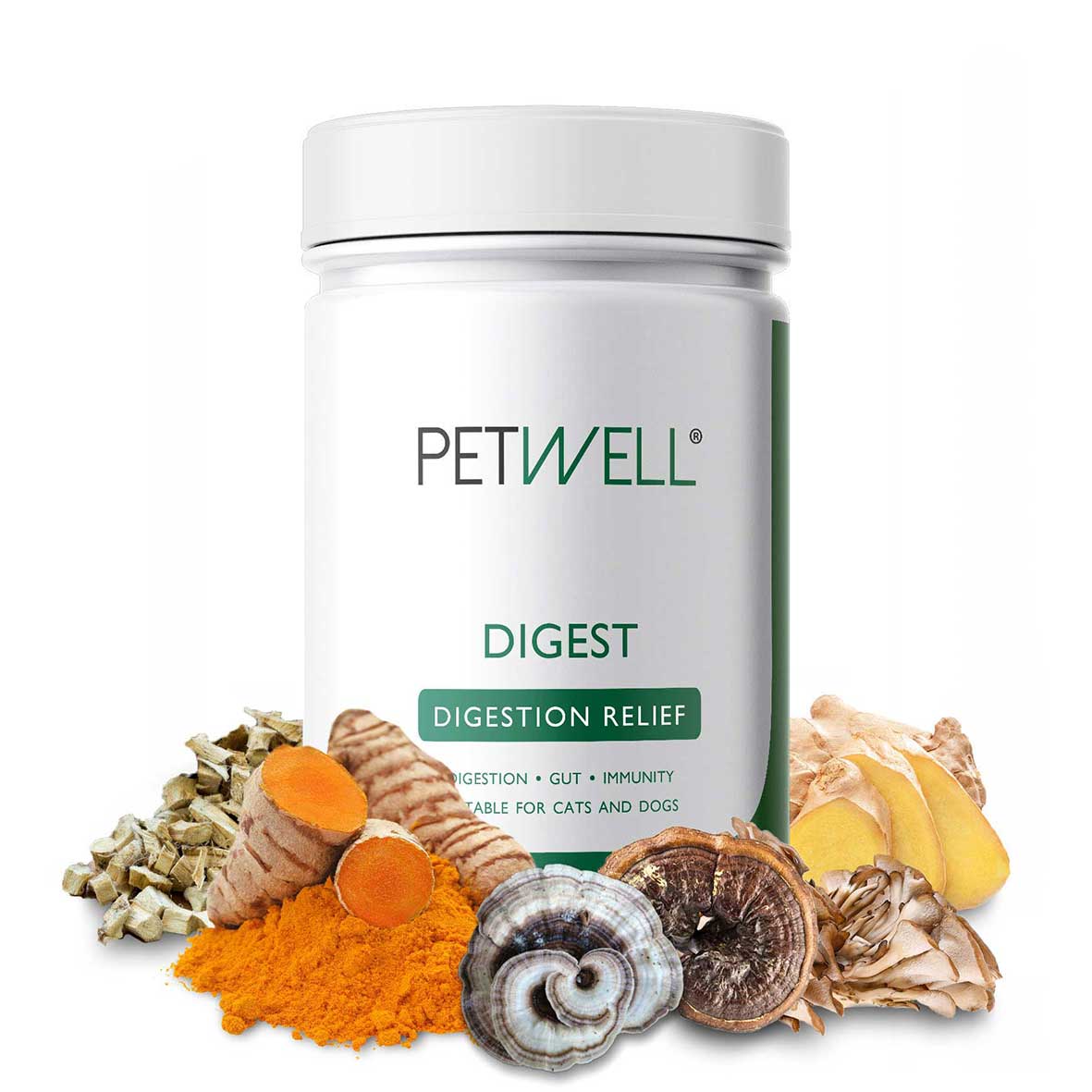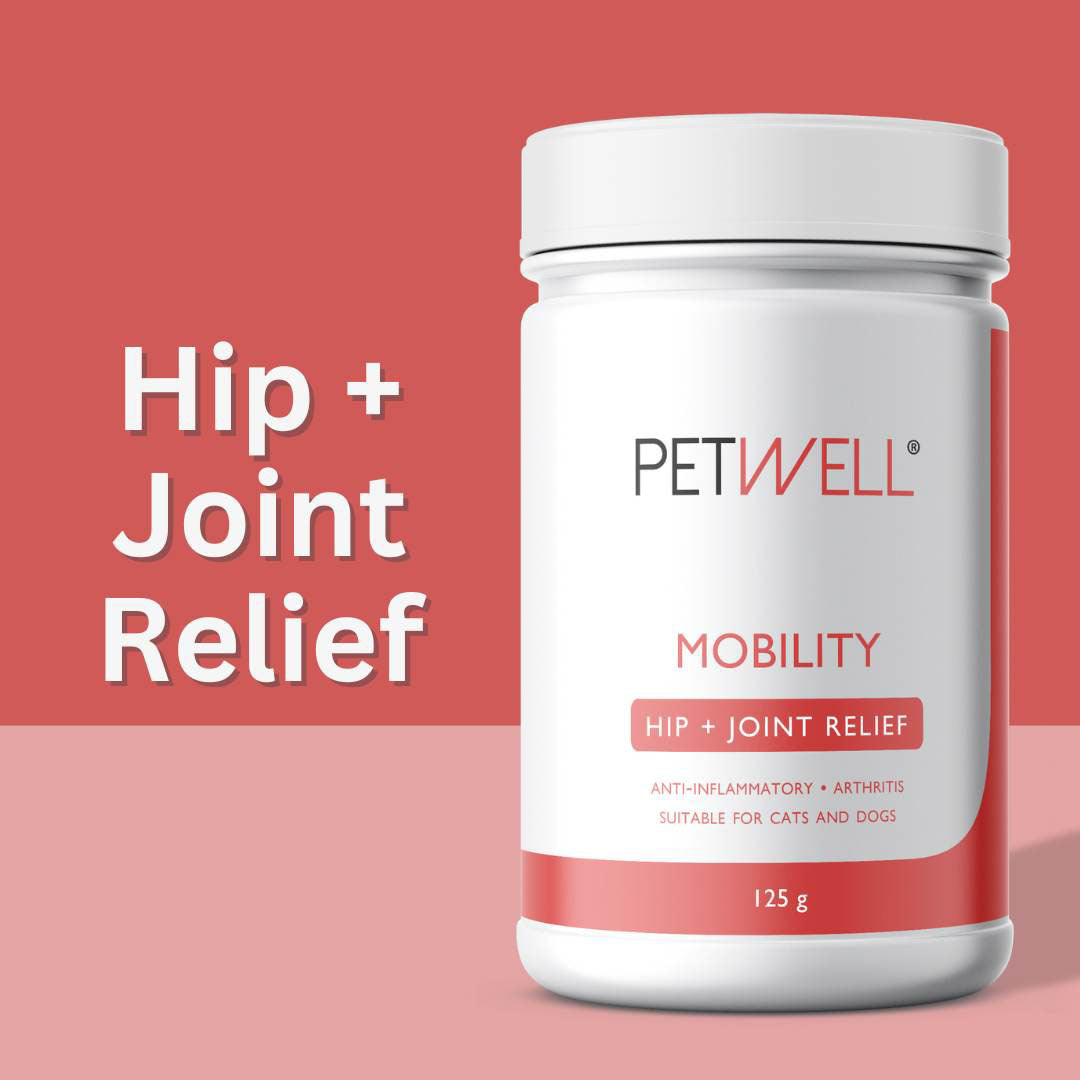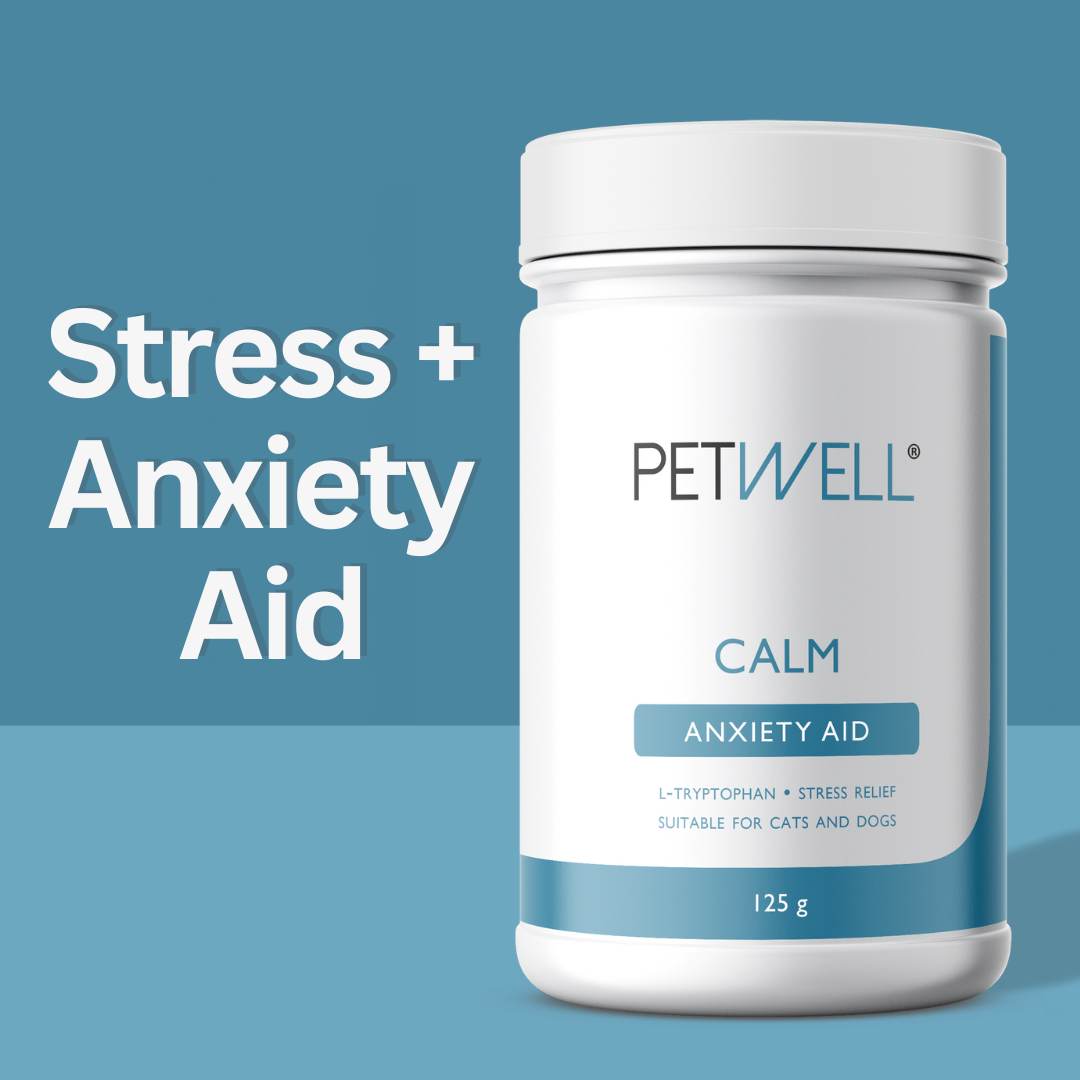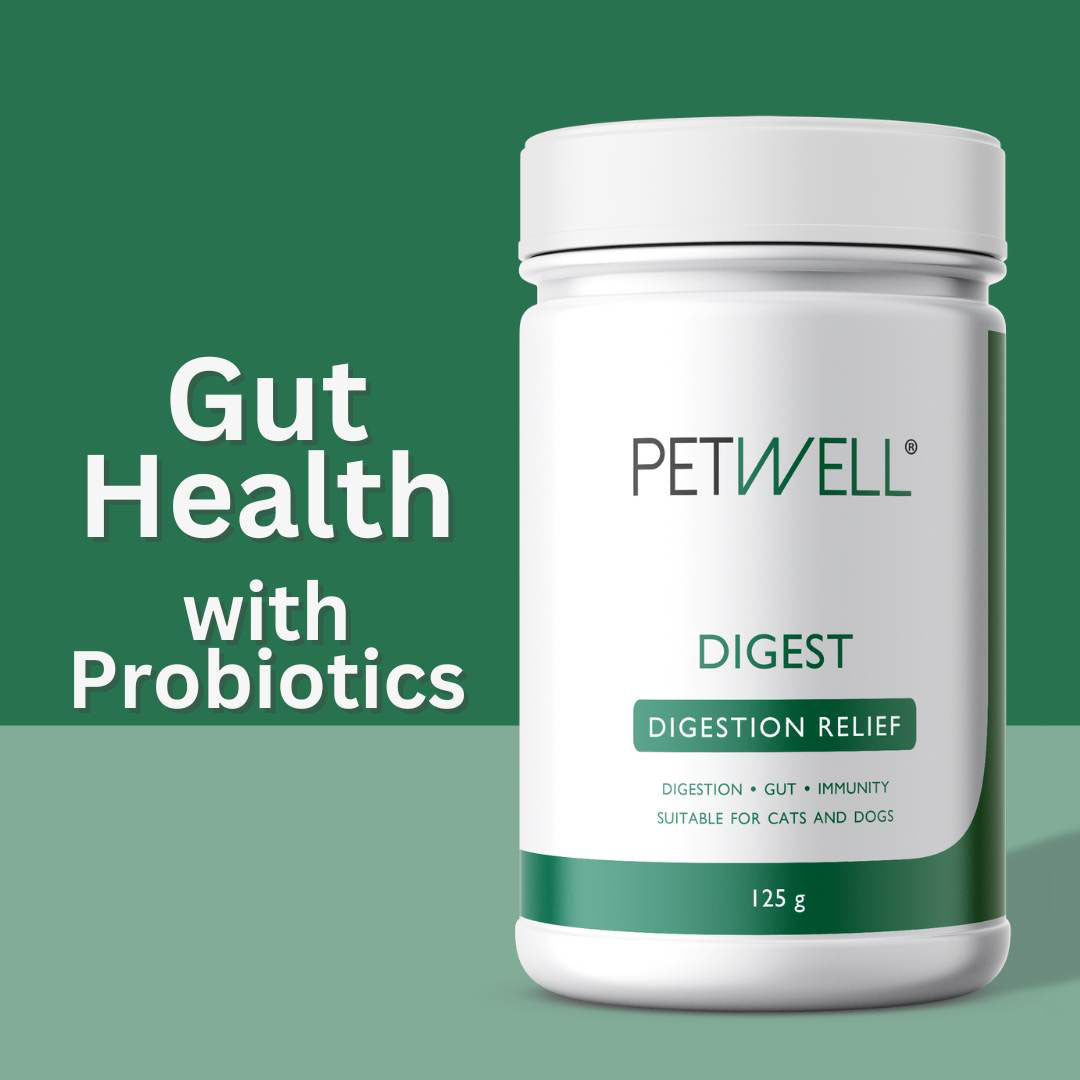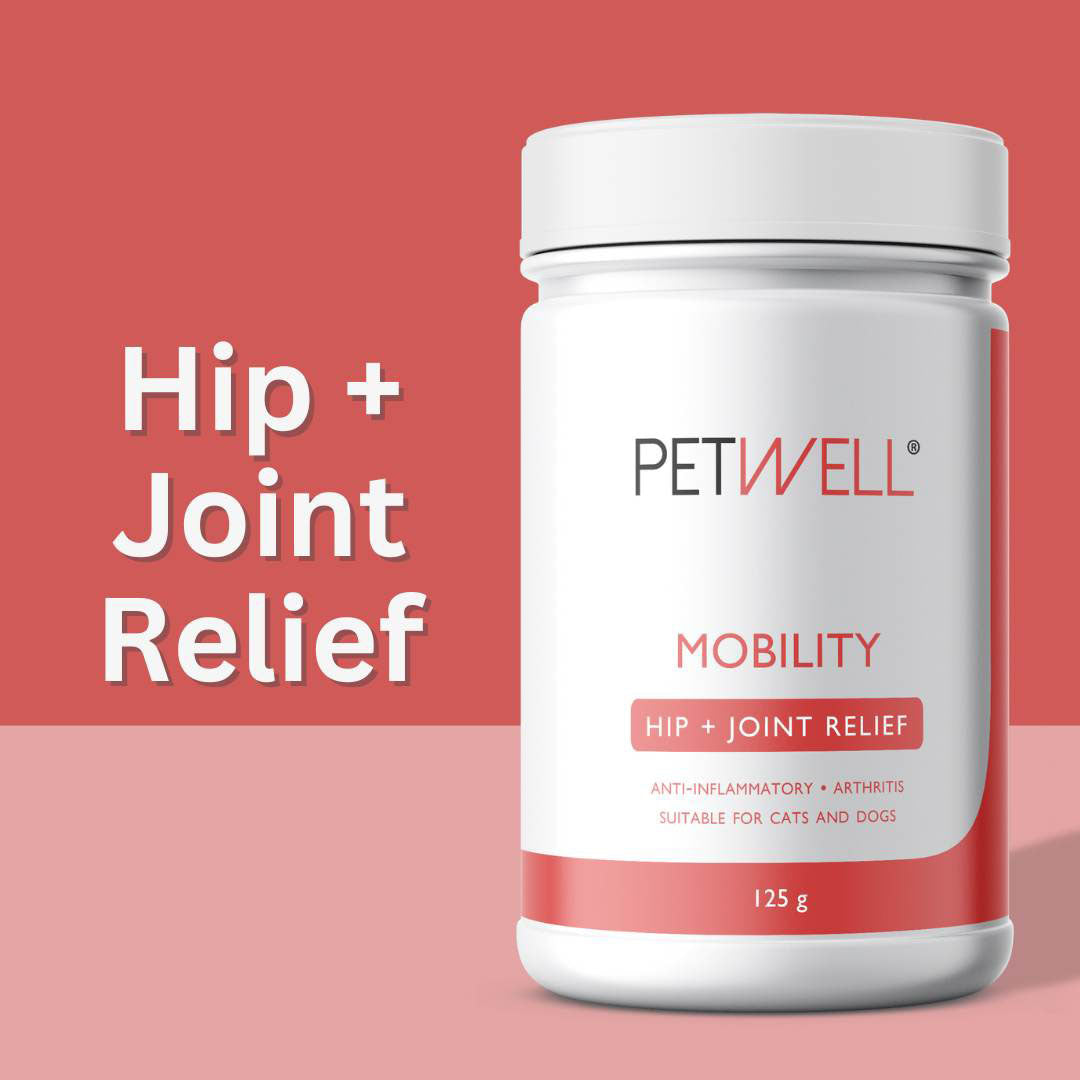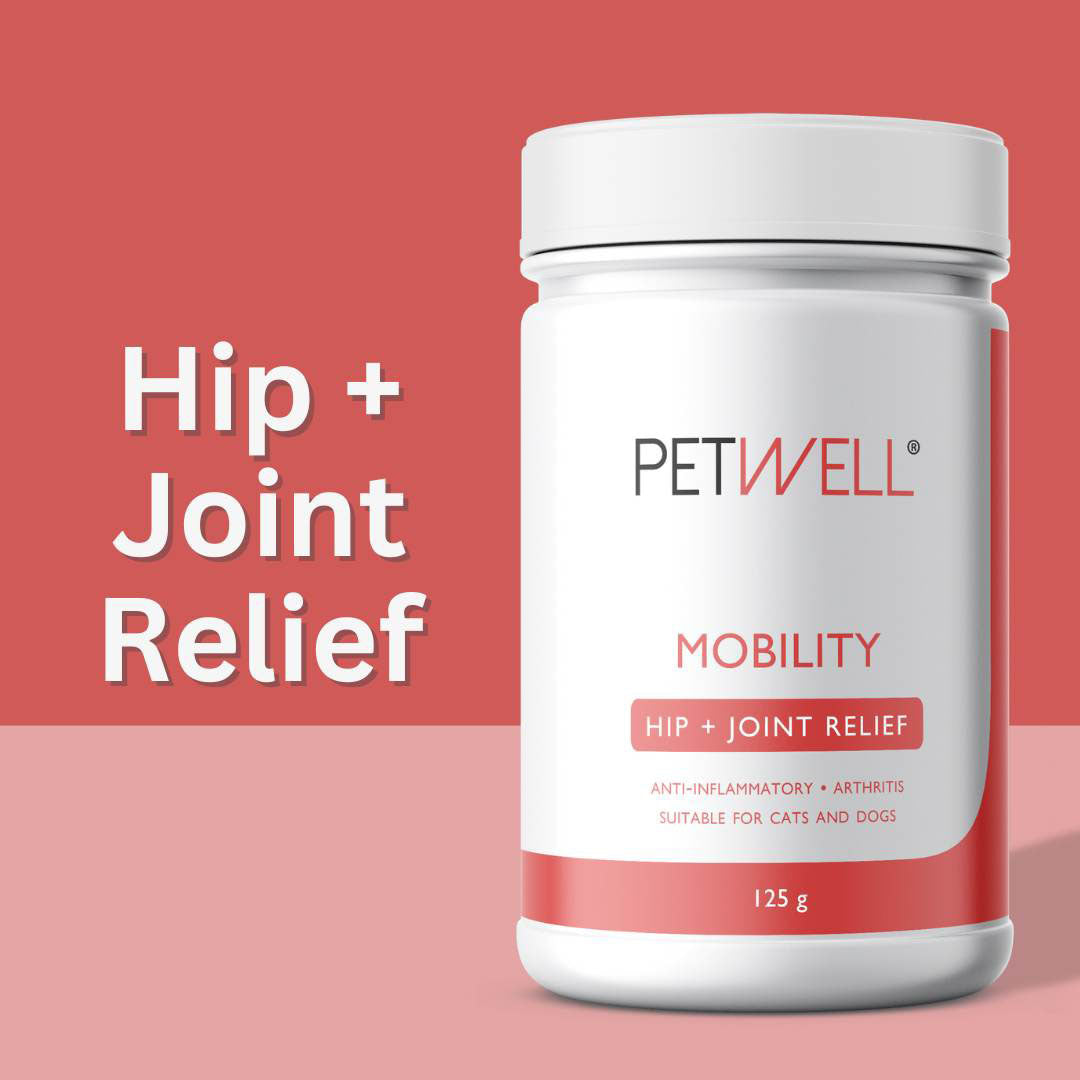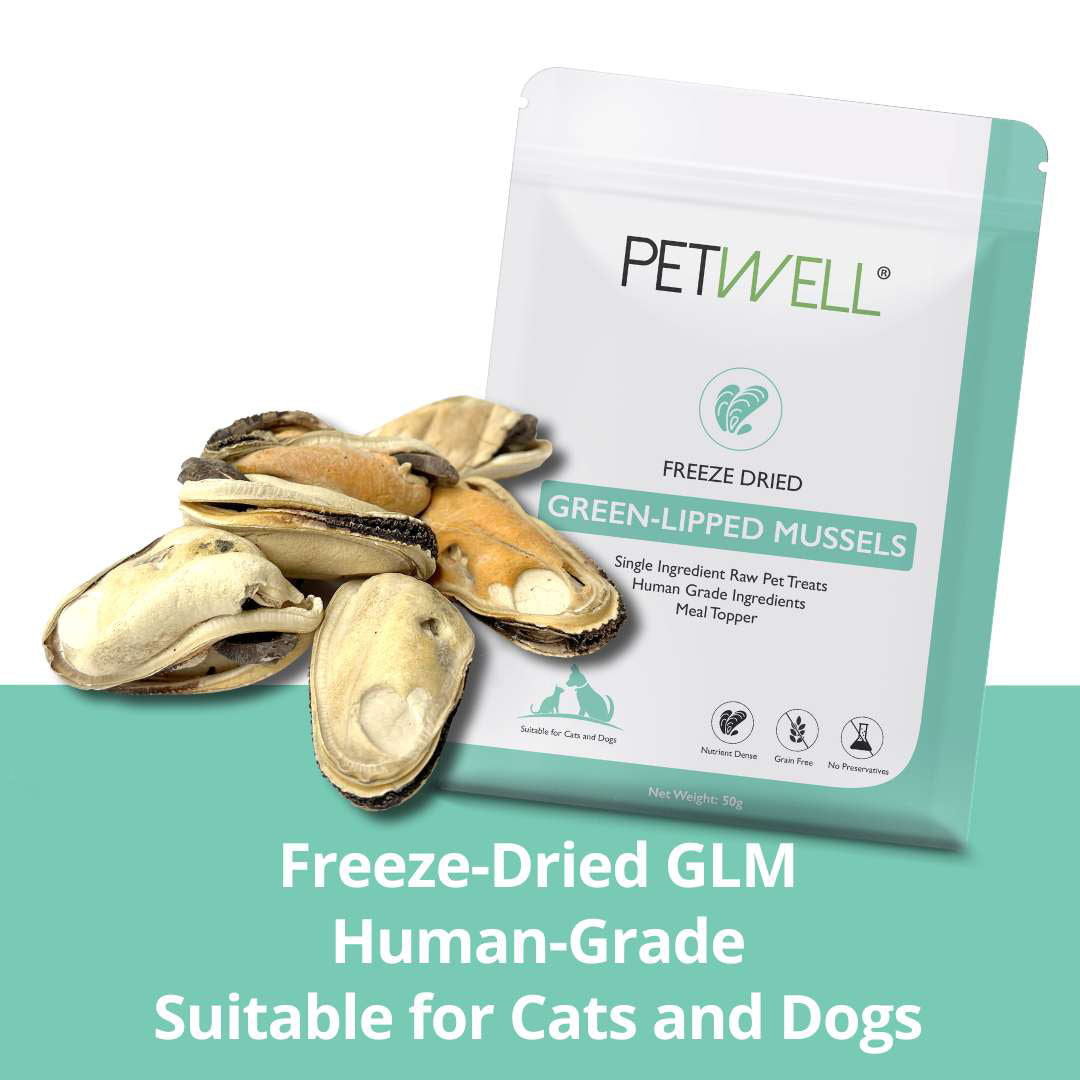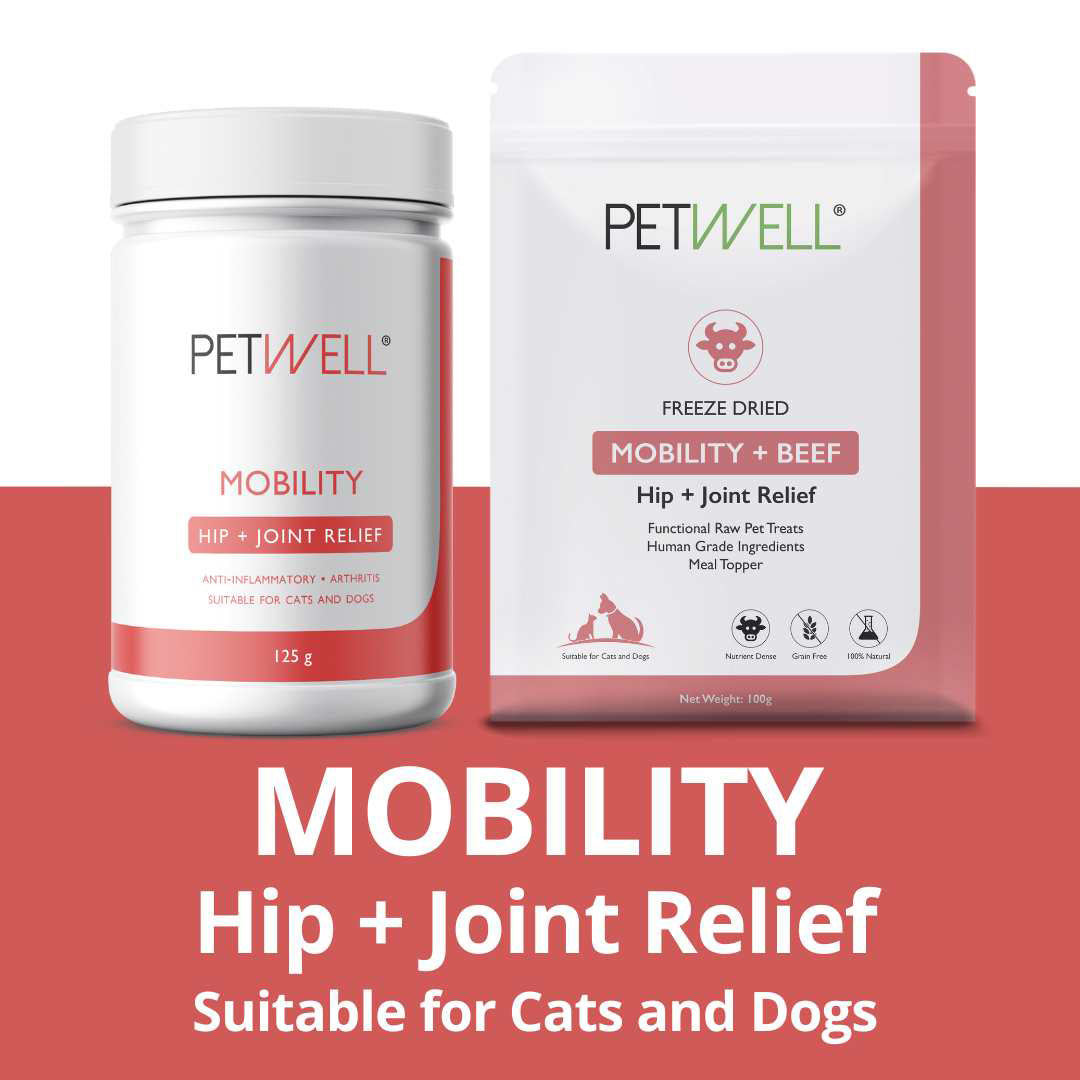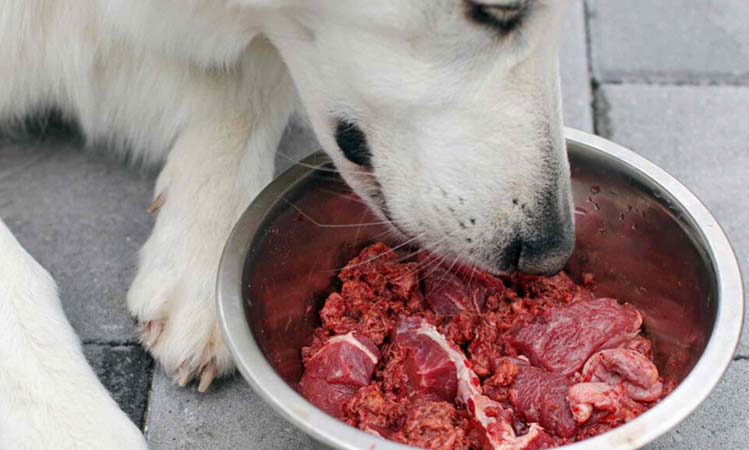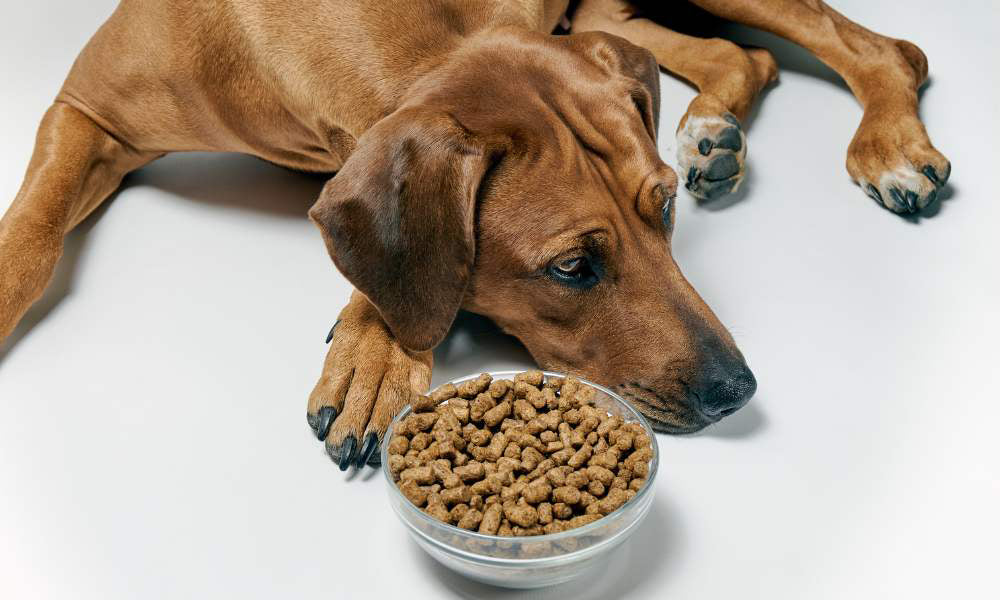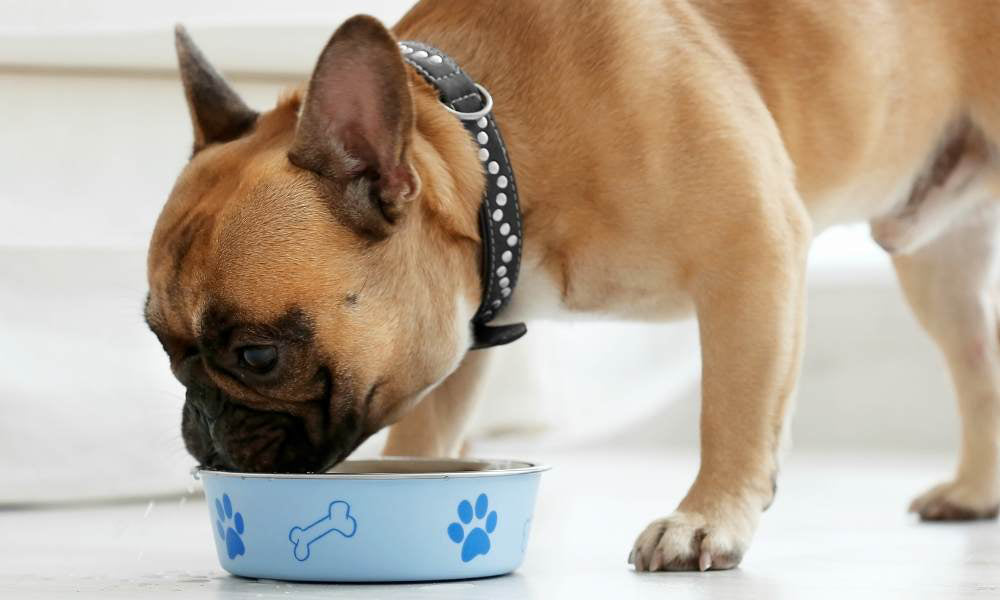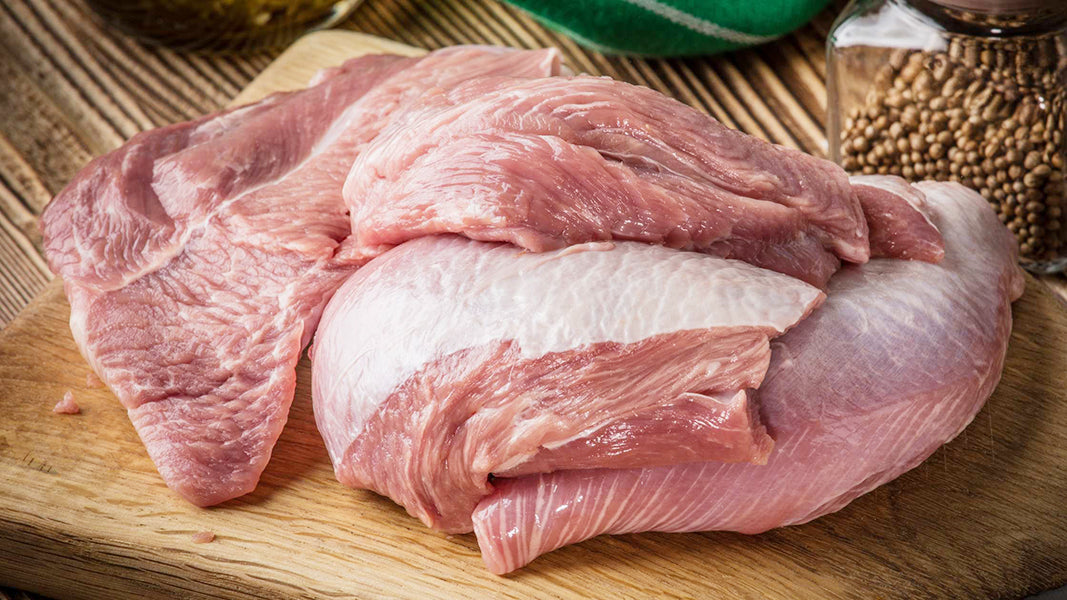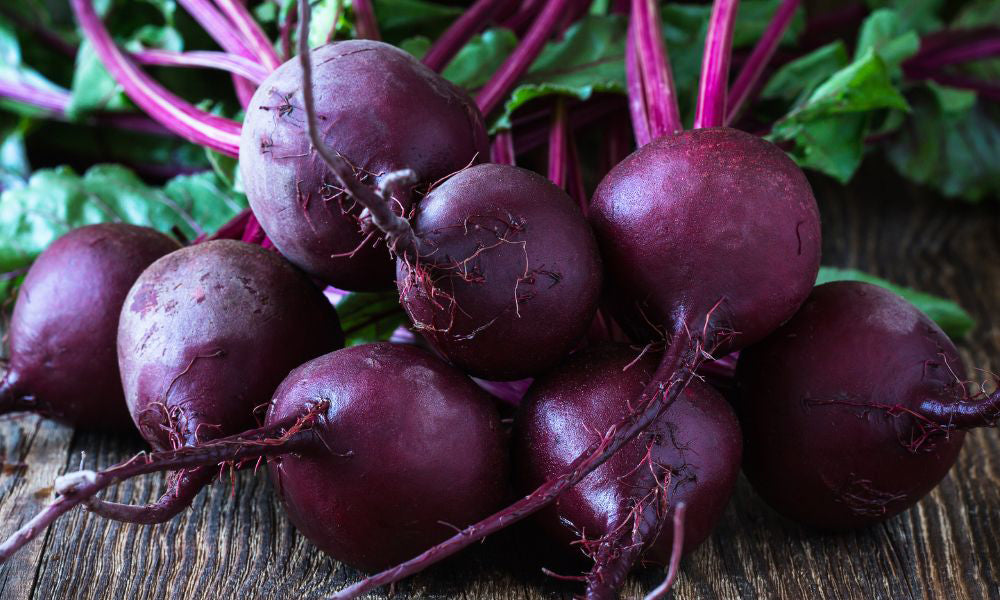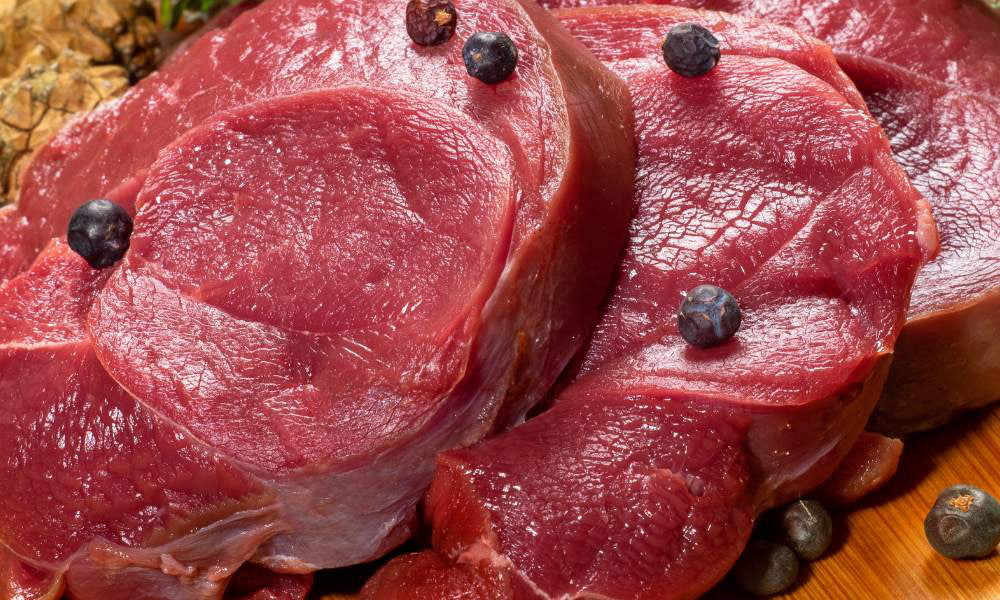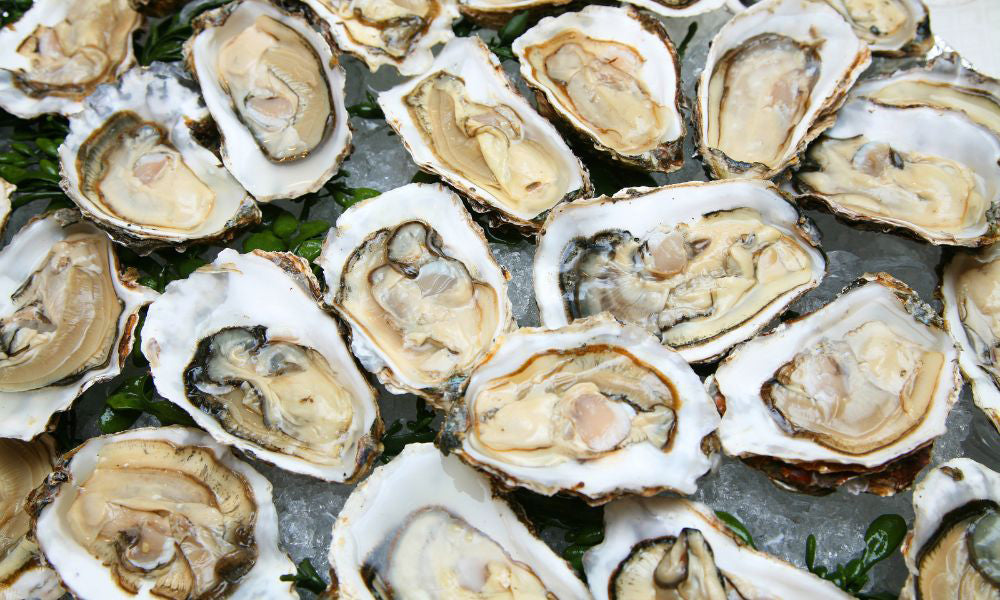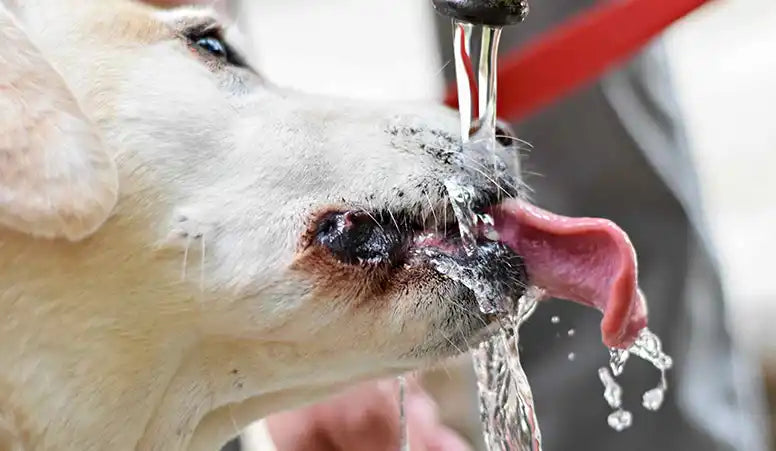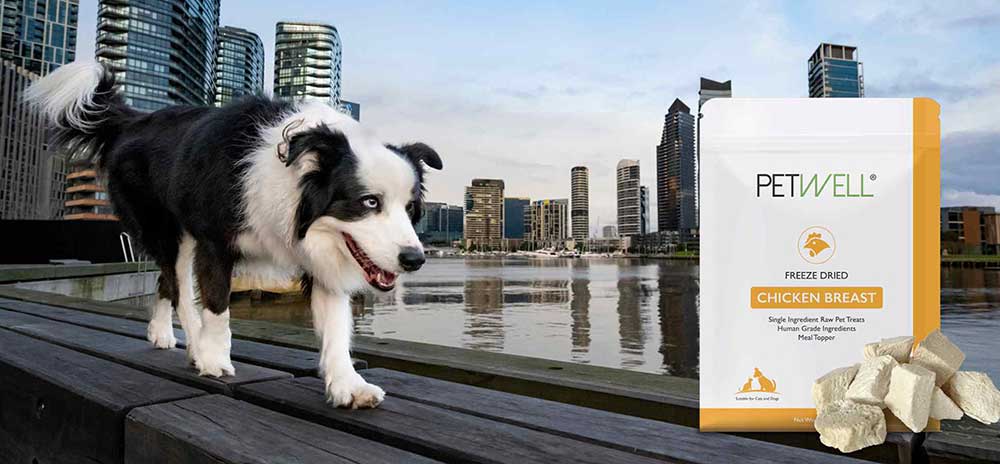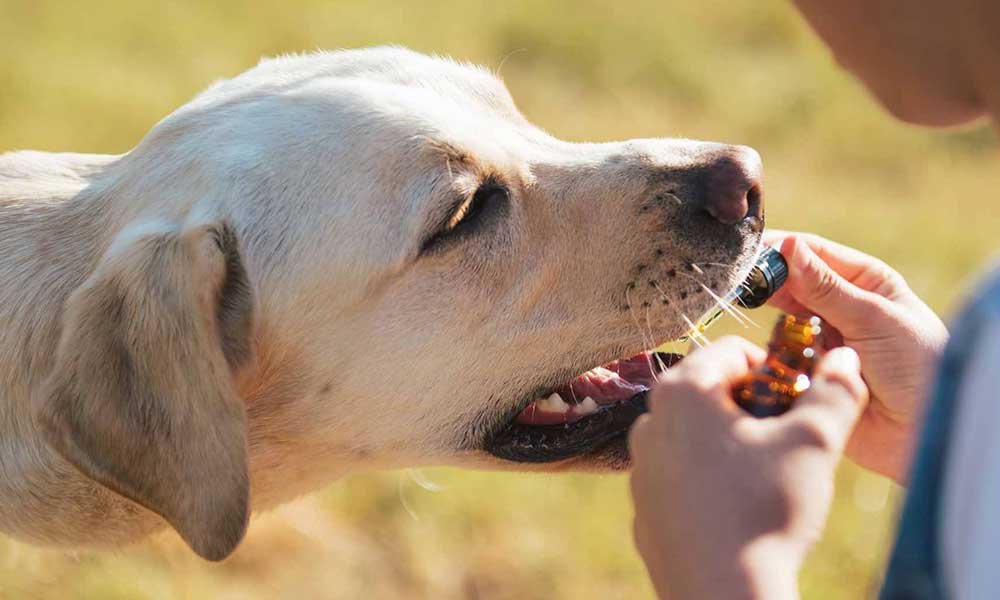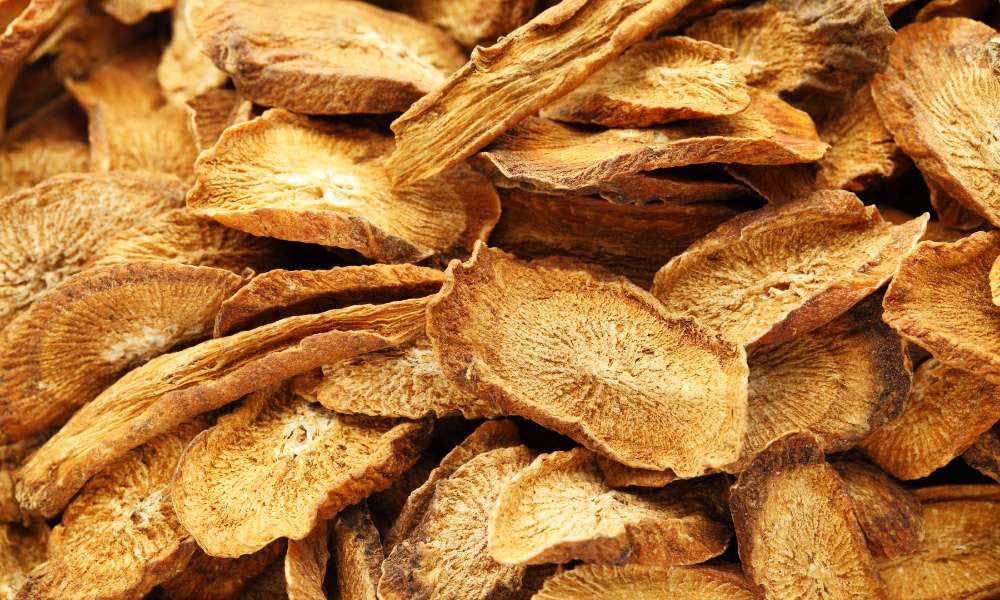We all want our dogs to live long, happy lives. And just like us, that all starts with what’s in their bowl. But with so much confusing advice out there (raw vs kibble, grain-free, supplements, where do you even start?), it’s easy to feel overwhelmed.
Let’s break it down together. Here’s what a truly balanced diet for dogs looks like, and how to make it simple, natural, and totally tail-wag-worthy (with a few PetWell-approved hacks thrown in).
At all stages of life, water is an essential requirement
What Is a Balanced Diet for Dogs?
A balanced diet means your dog is getting all the nutrients they need, in the right proportions, to thrive, not just survive.
That includes:
- High-quality protein for strength and energy
- Healthy fats for skin, coat, and joint health
- Fibre for digestion and gut support
- Vitamins and minerals for immunity, brain, gut, bone health, etc..
Here’s the catch, most commercial kibble just doesn’t cut it. It’s ultra-processed, loaded with fillers, and often missing the fresh, natural goodness dogs need to truly flourish.
Key Nutrients Dogs Need to Thrive

Protein
The building block of strong muscles, healthy hormones, and a wagging tail.
Best sources: lean meats like chicken, lamb, beef, turkey, and fish. Game meats like venison, goat and kangaroo are also excellent option!
Adding organ meats as toppers gives your dog a powerful boost of essential nutrients.
They're naturally rich in vitamins A, B12, iron, and zinc, all crucial for energy, immune health, and strong muscles. Organ meats are some of the most nutrient-dense foods you can feed, and when freeze-dried like PetWell’s Chicken or Lamb Hearts, they deliver raw benefits without the mess. Just sprinkle over meals for a real-food upgrade your dog will love!
Read more about the benefits of organ meats for dogs
PetWell’s freeze-dried range include Chicken and Lamb Hearts, Sardines, and Salmon Fillets are nutrient-dense toppers that make raw feeding simple, mess-free, and delicious. Just sprinkle a few pieces over meals to give your dog a balanced, functional boost, the way nature intended.
Fibre + Gut Support
Fibre might not sound exciting, but for dogs, it’s a quiet hero. A well-balanced source of fibre can support everything from gut health to weight management and even help with diabetes.
Digestion & Gut Health
Fibre feeds the good bacteria in your dog’s gut, helping convert it into short-chain fatty acids that strengthen the lining of the colon. This not only aids digestion and nutrient absorption, it also helps protect against harmful bacteria, reduce inflammation, and support a balanced microbiome.
Healthy Weight Management
Obesity is one of the fastest-growing health issues in dogs today. Adding fibre to meals can help your dog feel fuller for longer, without adding excess calories. Fibre slows digestion, which means more stable energy levels and fewer between-meal snack demands.
Best Natural Fibre Sources for Dogs
These whole-food ingredients are gentle on digestion and rich in vitamins too:
- Pumpkin (blanched or cooked for better absorption)
- Broccoli (lightly steamed)
- Apples (no seeds!)
- Green beans
- Carrots
- Strawberries & Blueberries (in moderation)
Try PetWell DIGEST, packed with gut soothing ingredients and probiotics, it is designed to support and support their digestion.
Healthy Fats: Fuel for Body, Brain & Coat
Not all fats are bad, in fact, healthy fats are essential for your dog’s growth, development, and everyday energy. They help your dog absorb key fat-soluble vitamins like A, D, E, and K, which support everything from cellular health to immune function.
The most important? Omega-3 for dogs, when balanced properly, these powerhouse fats support:
- Joint health and mobility
- Healthy skin and a shiny coat
- Strong immune function
- Brain and nervous system development
- Organ and heart health
- Gut integrity and reduced inflammation
Your dog's body can't make enough essential fatty acids on its own, so they get them from food or an all-natural supplement
Omega-3s, especially DHA (docosahexaenoic acid), are particularly crucial for puppies, promoting healthy brain and retinal development during critical growth phases.
You’ll find omega-3-rich ingredients like Green Lipped Mussel and Oyster Extract in our PetWell RELIEF formula, Green Lipped Mussels are also in our MOBILITY formula. Both designed to reduce inflammation, support skin health, and deliver bioavailable joint and brain nutrients.
Whole-Food Vitamins & Minerals for Dogs
Vitamins and minerals may be tiny, but they play a massive role in your dog’s health, from building strong bones and muscles to supporting heart, brain, joint, and digestive function.
Whole foods like fruits, vegetables, high-quality meats, and seafood are ideal sources, but dogs can still fall short without a little help.
That’s where PetWell supplements come in.
Each blend is packed with real, bioavailable ingredients giving your dog the essential nutrients they need to thrive, naturally.
👉 Want to dive deeper into what vitamins your dog needs?
Read our full guide to the best vitamins & minerals for dog
Keep your dog's daily fruit intake to 10% and vegetables to 20%.
Don’t Forget Hydration
You can feed the best food in the world, but without enough water, your dog can will suffer.
Most dogs on dry kibble don’t drink enough water, leading to sluggish digestion, urinary issues, or even overheating (especially in our Aussie summers).
Rehydrate PetWell’s freeze-dried Chicken Necks or Mussels with warm water or bone broth to add moisture to their meals, it’s like a soupy superfood.
Watch for signs of dehydration:
- Dry nose or gums
- Panting after minimal activity
- Dark urine or lethargy
Fresh water should always be available, but boosting moisture through food is where it’s at!
Do Dogs Need Supplements?
In most cases? Yes, especially if your pup is eating commercial food, showing signs of discomfort, or you want to support specific health needs.
PetWell supplements are:
- All-natural and human-grade
- Animal naturopath-formulated
- Loved by dogs (we made sure of it)
Our blends include:
- CALM – For anxiety, restlessness, and emotional regulation
- DIGEST – For gut health, digestion, and poop quality
- MOBILITY – For joint stiffness, inflammation, and ageing bodies
- RELIEF – For allergies, itchy skin, and coat shine
Daily supplements = big difference.
Real Food vs Kibble: What’s Better?
Kibble may be convenient, but it’s not real food. It’s cooked at high temps, stripped of enzymes, and bulked up with starchy fillers.
Real food diets (raw, gently cooked, air-dried or freeze-dried) offer:
- Better nutrient absorption
- Fewer allergies and sensitivities
- Happier guts and healthier poos
- More energy, better skin, and longer lives
Read more on the benefits of Fresh Food
PetWell’s freeze-dried can be used as meal toppers to give your dog the raw benefits without the mess.
Functional Treats: Snacks That Actually Do Something
At PetWell, we don’t believe in empty calories. Our functional treats are infused with the same powerful ingredients found in our supplements, so every bite is doing your dog good.
🥩 MOBILITY + BEEF: Beef tendon infused with MOBILITY supplement
🦘 DIGEST + KANGAROO: Lean protein infused with DIGEST supplement
🐑 CALM + LAMB: Lamb tripe infused with CALM supplement
🦌 RELIEF + VENISON: Novel protein infused with RELIEF supplement
Serve daily as a treat or crumble into meals for a healthy boost that feels like a reward.
Final Takeaway
Feeding your dog better doesn’t have to be all-or-nothing. A few simple upgrades, like switching treats, adding a supplement, or boosting hydration, can transform your dog’s health from the inside out.
Want to learn more about foods that benefit your dog check out our Pet Nutrition Guide: What to Feed Your Dog or Cat
Explore our natural supplements and freeze-dried treats, made in Australia, approved by pets, and loved by humans who care.
FAQs
What is the best-balanced diet for dogs?
A combination of protein, healthy fats, fibre, whole-food nutrients, and hydration. Add natural supplements and functional treats for optimal health.
Can I feed real food alongside kibble?
Yes! Just keep meals separate when you can. Use freeze-dried toppers or rehydrated treats to upgrade kibble-based diets.
Are PetWell products safe for daily use?
Absolutely. They're 100% natural, human-grade, and made with ingredients you can pronounce, with no fillers or synthetic vitamins.
The Science Behind it
Don’t just take our word for it, here are some evidence-based studies for you to review.
Using Omega 3 Fatty Acids Effectively and Safely
Diabetes in Dogs
Raw Carrots on Vitamin A Content of Liver and Kidneys in the Dog
Ten essential amino acids
https://www.aafco.org/
Disclaimer: The entire contents of PetWell emails and website are not to be taken as medical advice. The team at Pet Squad Pty Ltd trading as PetWell encourages you to make your own pet health care decisions based on your research and in partnership with a qualified pet healthcare professional.
Posted By Ayda Hornak - Trained in Canine Psychology and Natural Animal Nutrition Care
